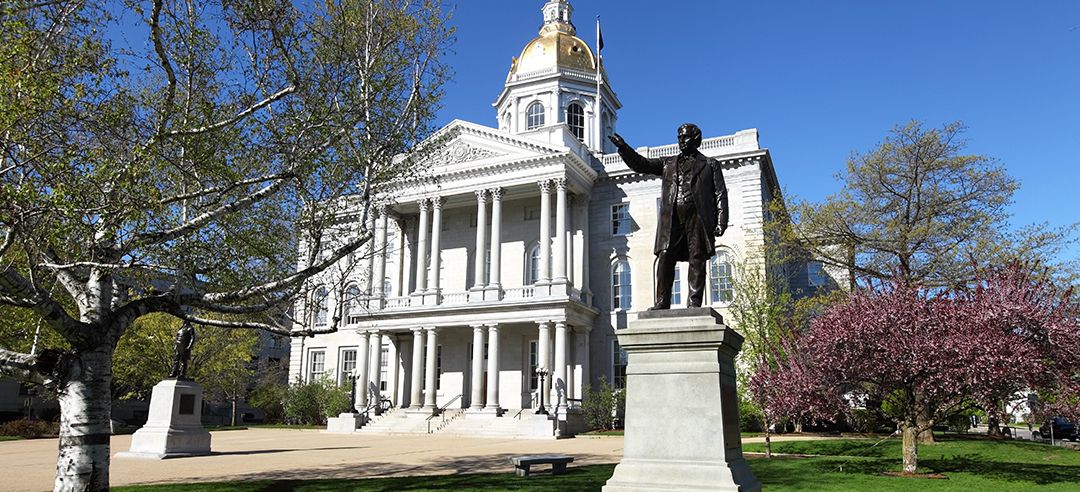Game cameras on private lands
By BOB QUINN
Chief Executive Officer
In New Hampshire, public access to private land is always permitted unless the land is posted with signs specifically prohibiting access. Throughout the state, there are thousands of acres of private land which are not posted, therefore allowing for hunting and recreation without having to ask the landowners' permission.
In recent years, however, there has been a proliferation of hunters, in an attempt to monitor animal activity, leaving a game camera on unposted, private land, and some landowners are indicating the practice might force them to post their property.
Apart from the obvious potential invasion of privacy, the landowners could be liable if they somehow damage the camera. Senate Bill 14 is designed to put some guardrails around hunters and others leaving cameras on private lands.
SB 14 states that no person would be able to place a game camera that records or transmits data of any kind while unattended on the private property of another without the written consent of the property owner.
While the bill easily passed the Senate, not everyone on the House Resources, Recreation and Development Committee appeared on board with the bill as written. The Committee is expected to take action on the bill next week.
End of the road for the “end of the lease” bill
Last week, after a spirited debate, the Senate, on a bipartisan voice vote, killed House Bill 117, which would have made the end of a residential lease “good cause” to evict a tenant. It is perhaps not surprising that many are unaware that the end of a lease contract is not sufficient cause to evict a residential tenant.
Currently, RSA 540:2 states that a landlord of “restricted property” may only evict if they have “good cause,” and those reasons for good cause are spelled out in statute. The end of the lease term is not currently included in the definition.
The NH Supreme Court (AIMCO Properties v DZIEWISZ; 2005) wrote that, “Interpreting the term 'other good cause' as including the mere expiration of a lease would run contrary to this legislative intent, as it would allow landlords to arbitrarily evict tenants whose leases have expired, thereby denying tenants the precise protection that RSA 540:2, II was designed to provide.”
The bill is dead for the session.
Options for wetlands mitigation fund expand
Under current New Hampshire law, if a development impacts a wetland as part of the project, the developer must either mitigate the wetlands loss or pay in lieu of mitigation into the Aquatic Resources Mitigation fund.
The sponsors of Senate Bill 56 introduced the bill to both clarify current Department of Environmental (NHDES) policy on the matter as well as to assist developers by expanding the type of projects eligible to pay into the mitigation fund.
The in-lieu fund option would now be available for losses to sand dunes, undeveloped portions of a duly-established 100-foot buffers of designated prime wetlands, and undeveloped tidal buffers.
Large contractors were concerned that some language in the original bill might have required additional fees. However, clarifying language made in the Senate alleviated any of those concerns. Contractors as well as the NH DES support the amended legislation.
The bill is currently being debated in the House Resources, Recreation and Development Committee.
Quote of the Week
“The purpose of these changes is when someone looks to apply for an Accessory Dwelling Unit, it will be much more simple (and) less costly to get an application approved. (ADU’s) will make it easier for people to stay in their homes.”
Portsmouth Mayor Deaglan McEachern, commenting on proposed changes to the city’s complicated process to approve an Accessory Dwelling Unit. Since the 2016 ADU bill passed the legislature, only 15 ADUs have received approval in Portsmouth. In 2016, Portsmouth had opposed the bill, arguing that the state mandate would overwhelm the city.
NHAR’s legislative chart can be found here.
For more information, contact New Hampshire Realtors CEO Bob Quinn: bob@nhar.com.

